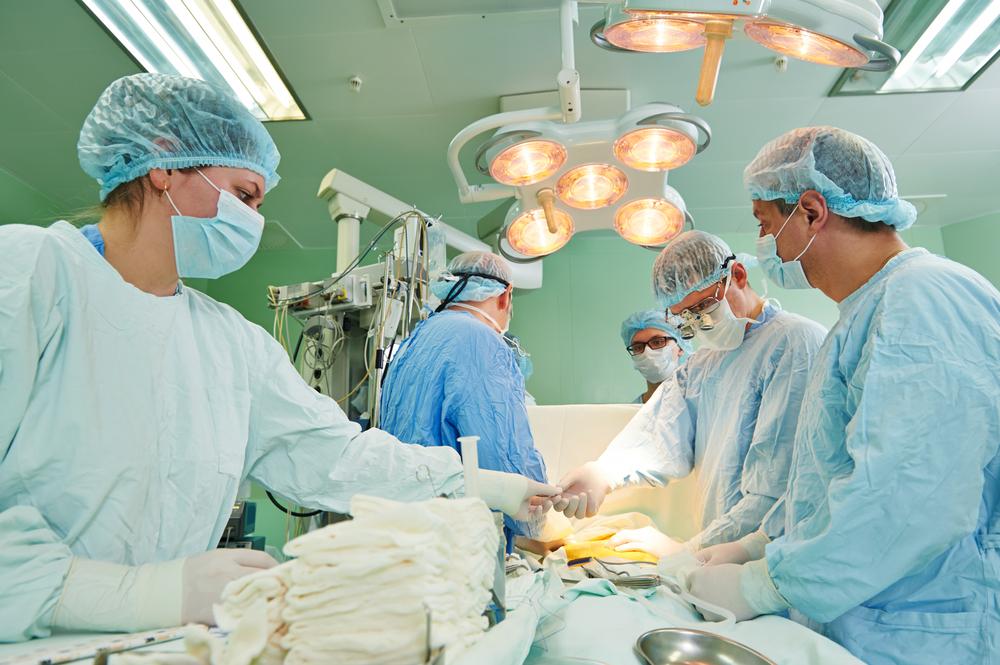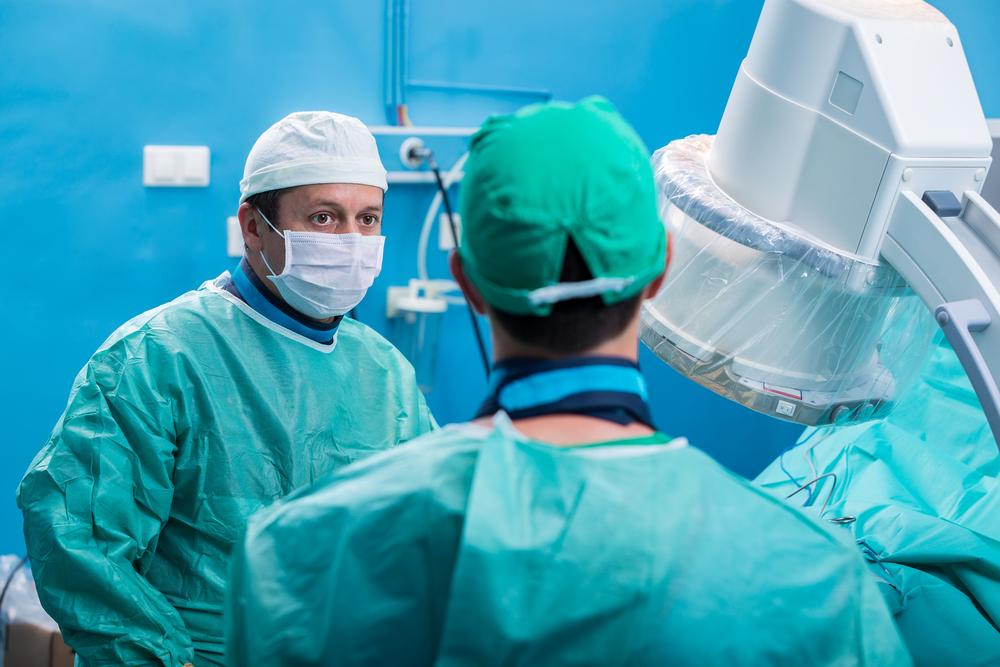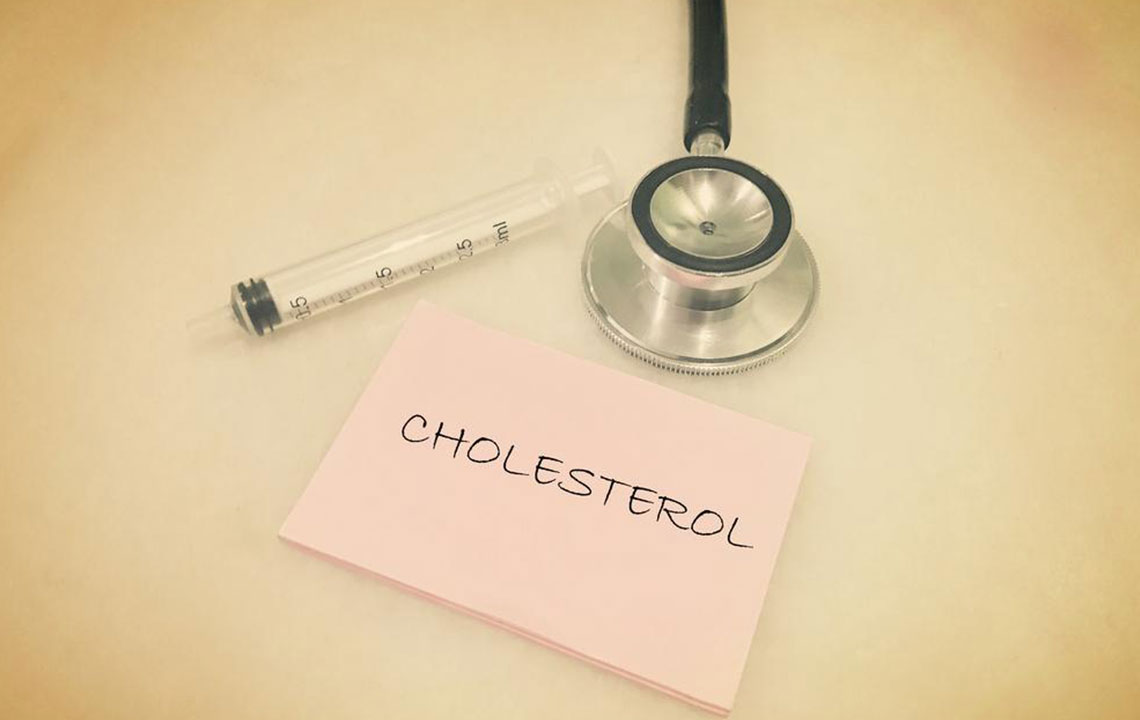Essential Questions to Consider Before Undergoing Cardiac Ablation Treatment
Learn essential considerations before heart ablation, including preparations, post-procedure care, and dietary tips. This minimally invasive treatment helps restore normal heart rhythm, with guidance on managing risks and recovery effectively for a healthier heart.

Cardiac ablation is a minimally invasive medical procedure designed to restore normal heart rhythm by targeting abnormal electrical signals. Irregular beats are caused by abnormal tissue in the heart, which this procedure treats by creating scars or destroying problematic cells. The process involves inserting a catheter through a vein or artery, usually in the groin, and applying controlled heat or cold to the affected area. This technique often results in quicker recovery due to its less invasive nature. Sometimes, open-heart surgery may be necessary if complications arise.
Before scheduling a cardiac ablation, it's important to understand key preparations and precautions.
Preparation Tips for Cardiac Ablation
Doctors typically recommend a series of tests to evaluate heart health and plan the procedure. Risks, benefits, and potential side effects are discussed during consultations.
Patients on heart rhythm medications may be asked to stop them several days prior. It's also essential to clarify whether to continue other medications before and after the procedure.
Those with implanted devices like pacemakers should consult their doctor for specific instructions.
Post-Procedure Precautions
Patients often stay in a recovery area for several hours post-procedure. Persistent discomfort might necessitate hospitalization for additional monitoring.
Driving should be avoided for at least 24 hours after leaving the hospital; arrange for someone to drive you home. Alcohol and smoking should be avoided during this period.
Avoid vigorous activities or exercise for a minimum of three days, based on your doctor’s guidance.
Dietary Recommendations Following Cardiac Ablation
Refrain from alcohol, which can trigger arrhythmias, especially in patients with existing heart conditions or diabetes.
Limit unhealthy fats such as trans fats and animal fats found in fried foods, processed meats, and products cooked with hydrogenated oils to reduce blood pressure risks.
Sodium intake should be kept below 1,500 mg daily by avoiding processed and salty foods.
Foods to Emphasize
Include magnesium-rich foods like nuts, spinach, avocados, whole grains, and yogurt to support heart function.
Maintain potassium levels with bananas, oranges, tomatoes, prunes, and root vegetables such as beets and sweet potatoes for heart health.
Always consult your healthcare provider for personalized advice before and after the procedure.










